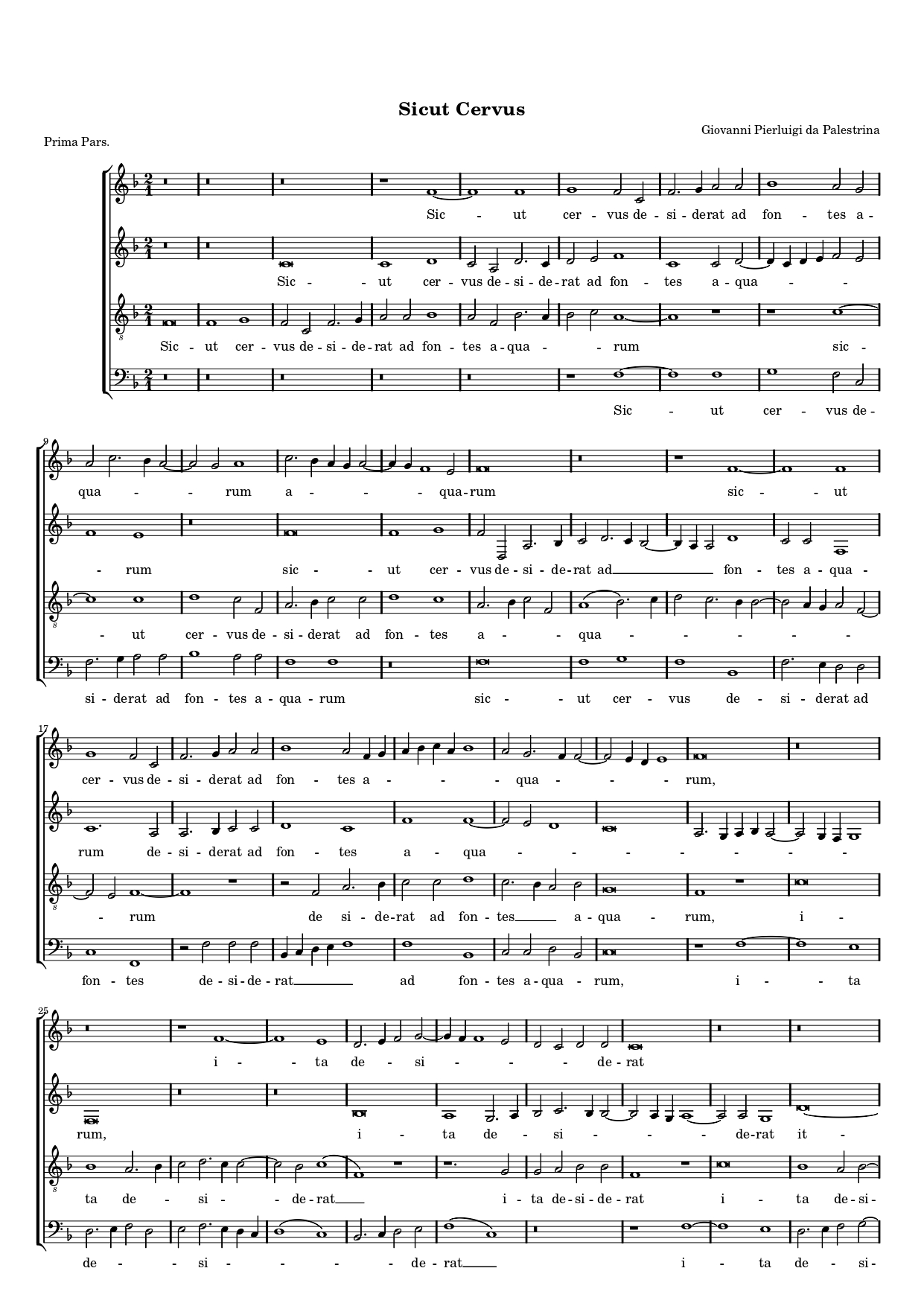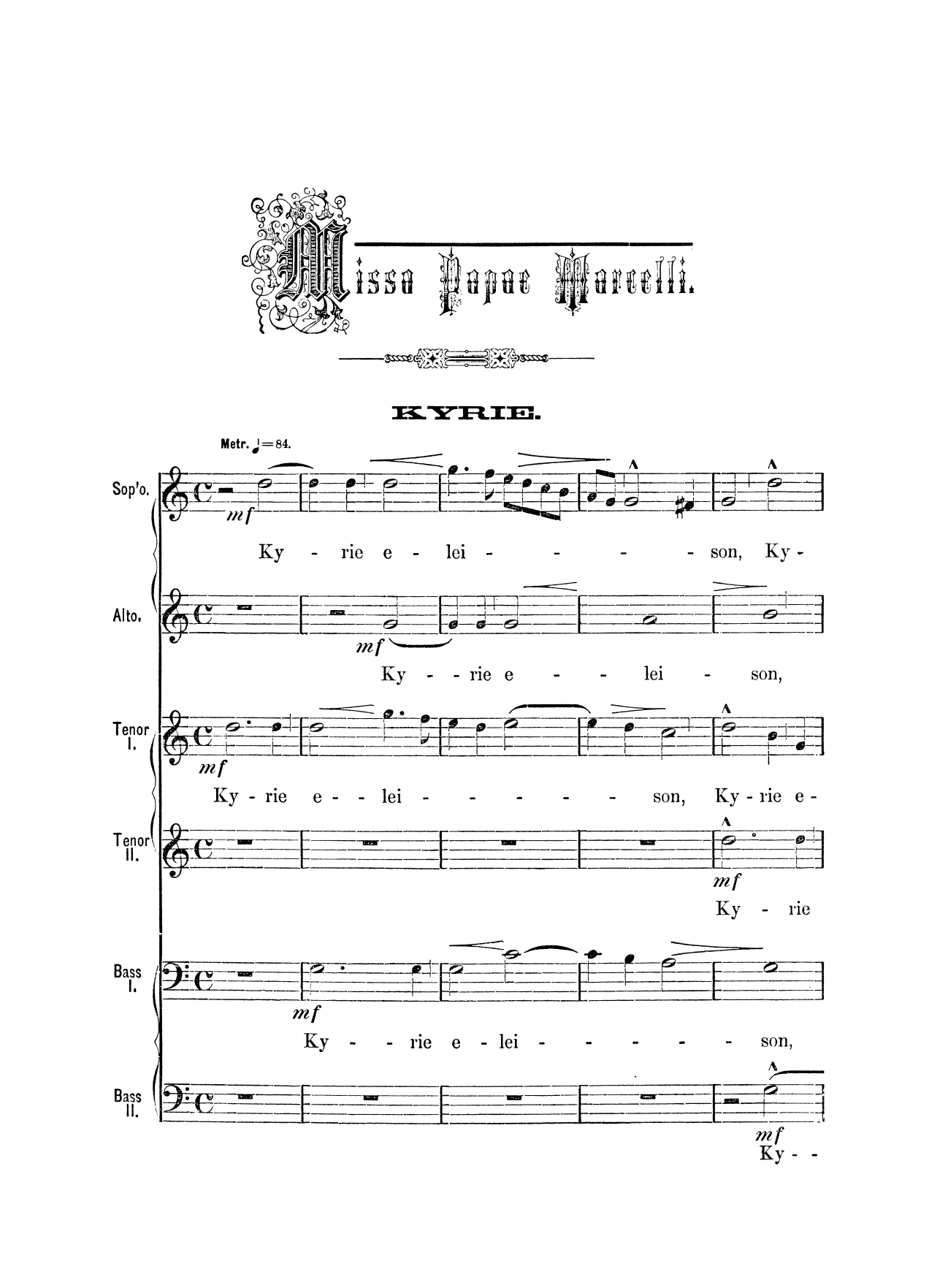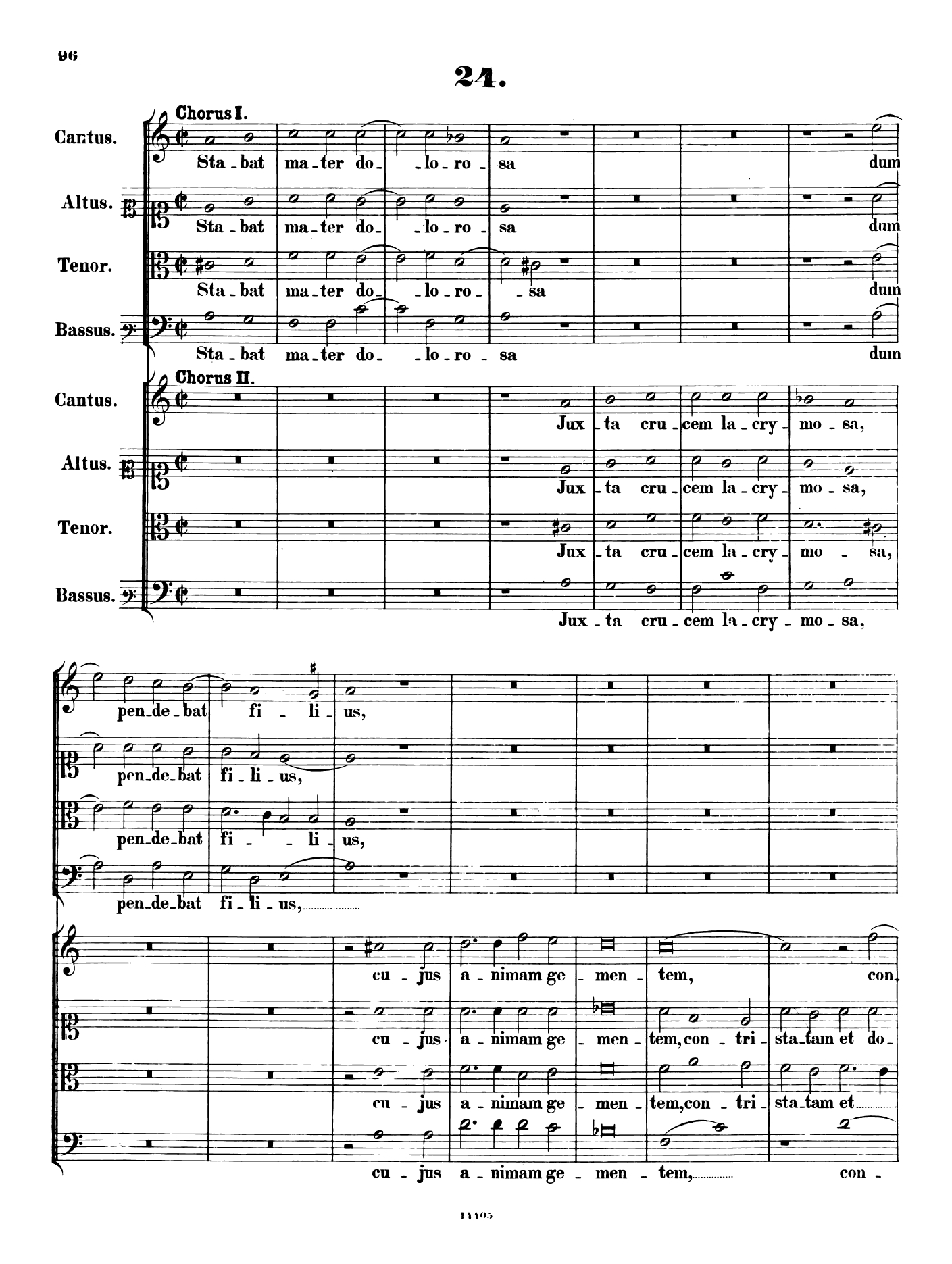Biography
Read full bio →Giovanni Pierluigi da Palestrina (c. 1525–1594) was an Italian Renaissance composer whose sacred music defined the sound of Roman Catholic liturgical tradition for centuries. Born in the town of Palestrina near Rome, he spent much of his life serving in key musical roles at major Roman churches, including the Cappella Giulia at St. Peter’s Basilica. Palestrina composed over 100 masses and hundreds of motets, hymns, and other sacred works, many of which exemplify the smooth polyphonic style now synonymous with High Renaissance church music. His most famous composition, the Missa Papae Marcelli, became a symbol of the Counter-Reformation's ideals—clarity, balance, and devotion—and was long cited (though somewhat mythically) as the piece that "saved" polyphony from being banned by the Council of Trent. Palestrina’s music is marked by elegant voice leading, harmonic purity, and a restrained yet deeply expressive spirituality. Though he never worked outside of Italy, his influence became pan-European, shaping the teaching of counterpoint and the aesthetic ideals of sacred music for generations to follow.


